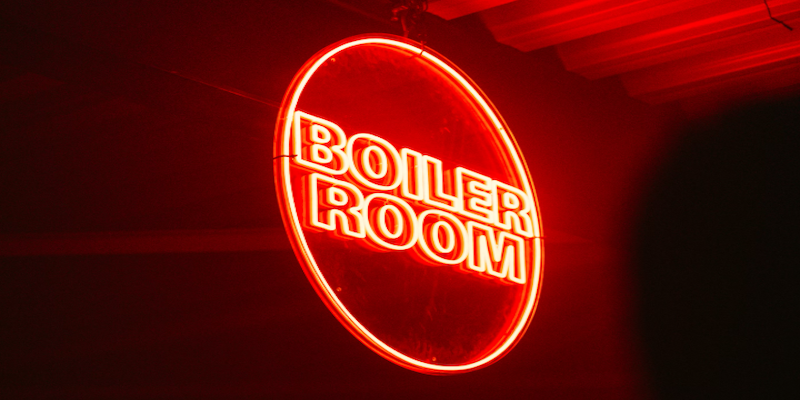Replacing a boiler is a significant home improvement project that many homeowners encounter at some point. Whether your old boiler has stopped working or you’re upgrading to a more efficient model, understanding the costs involved is essential for budgeting and planning. In this post, we’ll break down the various factors that influence the cost of boiler replacement, helping you make an informed decision.

1. Average Cost of Boiler Replacement
The total cost of replacing a boiler can range from $3,500 to $10,000, depending on the type of boiler, installation complexity, and other factors. On average, homeowners spend around $5,500 for a standard replacement.
Cost breakdown:
- Low-end: $3,500 (basic models with straightforward installation).
- High-end: $10,000 or more (premium models with extensive modifications).
2. Factors That Influence Boiler Replacement Costs
a. Type of Boiler
The type of boiler you choose has a significant impact on the cost. Here are the main types:
- Conventional Boilers: Also known as regular or heat-only boilers, these are typically more affordable but require a separate water tank.
- Cost: $3,000 – $5,000 (including installation).
- Combi Boilers: Combination boilers provide heating and hot water without a separate tank, making them compact and efficient.
- Cost: $4,000 – $7,500.
- System Boilers: These are similar to conventional boilers but have built-in components for easier installation.
- Cost: $4,500 – $8,000.
b. Size of the Boiler
Boilers come in different sizes (measured in BTUs), and the size you need depends on your home’s square footage and heating requirements. Larger homes with more bathrooms will require higher-capacity boilers, which are more expensive.
c. Efficiency Rating
High-efficiency boilers (rated 90% AFUE or higher) tend to cost more upfront but can save you money on energy bills over time. Energy-efficient models often qualify for tax credits or rebates, reducing the net cost.
d. Installation Complexity
The complexity of the installation can significantly affect labor costs. Factors include:
- Upgrading or modifying existing pipework.
- Installing additional components (e.g., flues, pumps, or zoning controls).
- Removing the old boiler and disposing of it.
Labor costs typically range from $1,000 to $2,500 depending on these factors.
e. Location
Your geographic location can influence costs due to variations in labor rates and local regulations. Urban areas with higher living costs often have higher installation fees.
3. Additional Costs to Consider
a. Old Boiler Removal
Removing and disposing of your old boiler may incur additional fees, typically ranging from $300 to $500.
b. System Upgrades
If your home’s heating system is outdated, you might need to upgrade components like radiators, thermostats, or piping. These costs can add $500 to $2,000 to the project.
c. Permits and Inspections
Many municipalities require permits for boiler replacement, which can cost $50 to $500. Inspections ensure that the installation meets safety standards.
d. Warranty Coverage
Extended warranties for new boilers can add an extra $200 to $500 but provide peace of mind and potential savings on future repairs.
4. Saving Money on Boiler Replacement
a. Shop Around
Obtain quotes from multiple licensed contractors to compare prices and services. Make sure the quote includes both the boiler and installation costs.
b. Look for Rebates and Incentives
Check for rebates or incentives offered by manufacturers, energy companies, or government programs. These can reduce your overall costs significantly.
c. Choose the Right Time
Replacing your boiler during the off-season (spring or summer) may result in lower installation fees due to reduced demand.
d. Invest in Energy Efficiency
While high-efficiency models may cost more initially, they offer long-term savings on energy bills and often qualify for rebates.
5. When to Replace Your Boiler
You should consider replacing your boiler if:
- It’s over 15 years old.
- Your energy bills have increased significantly.
- It requires frequent repairs.
- You’re looking to improve energy efficiency and reduce your carbon footprint.
6. DIY vs. Professional Installation
While it may be tempting to save money with a DIY approach, boiler installation is a complex task that requires professional expertise to ensure safety and compliance with local codes. Hiring a licensed contractor is strongly recommended.
Have a property needing lots of repair? You can avoid these issues and sell to PropertyPal today.
